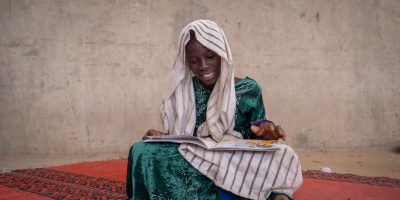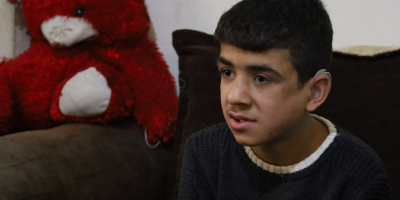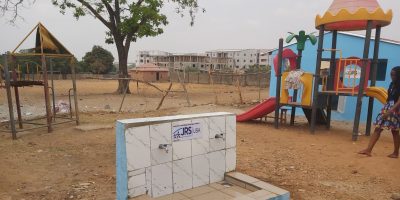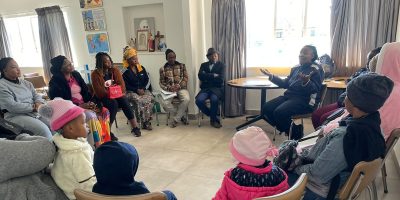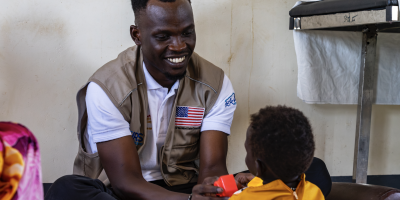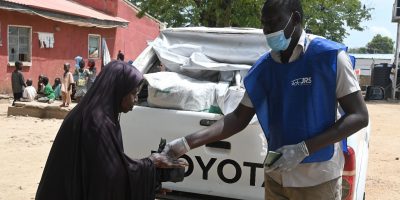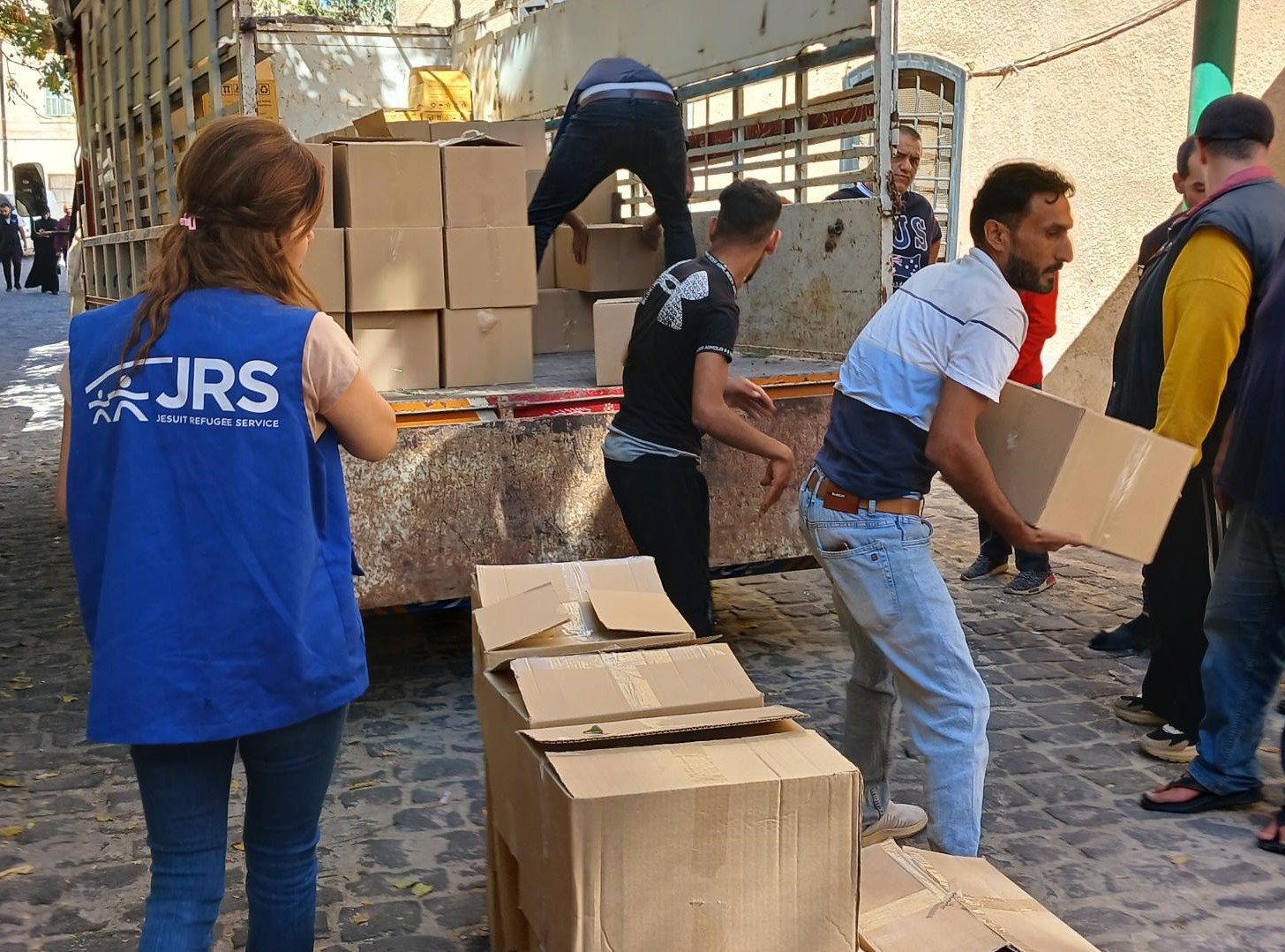Health Care
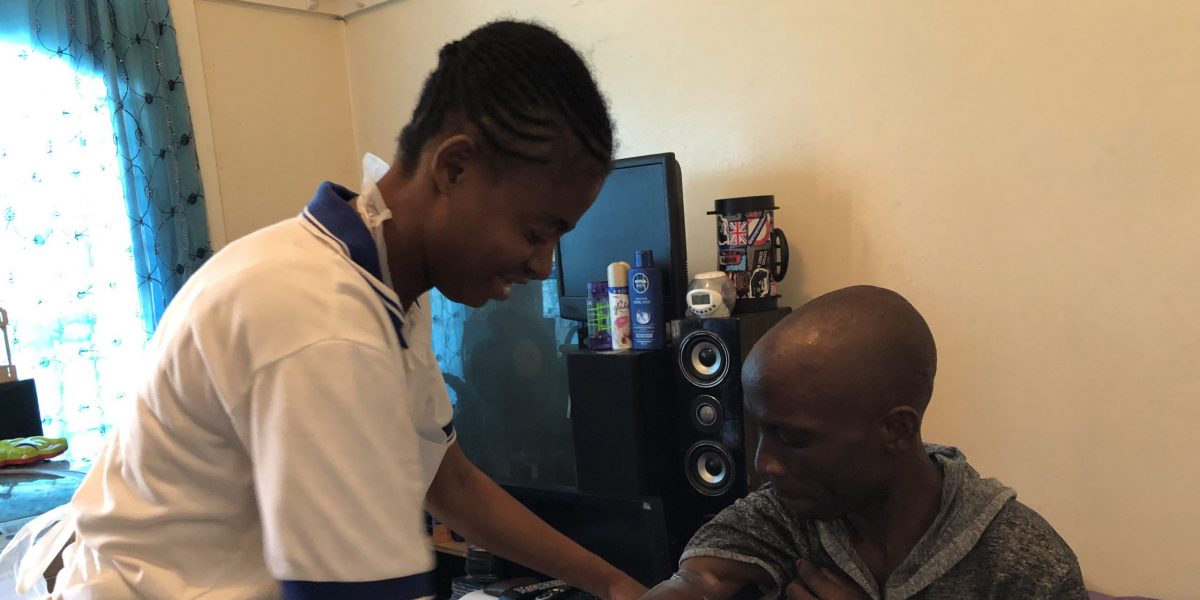
Having access to quality health care allows refugees comprehensive health care services to maintain and prevent disease, reduce unnecessary disability, and premature death. A refugee’s access to health care depends on their ability to navigate the healthcare system in the country in which they resettle. There are many barriers displaced people must overcome in order to receive effective healthcare, including language difficulties, cultural differences, and often structural or logistical issues.
JRS provides refugees with access to health care services that include, primary health care and preventive interventions that effectively reduce health risks. This is often done through referral services and follow-up, including referrals to other agencies and NGOs, assistance with hospital fees, and getting access to specialist medical treatment.
JRS also directly provides some health care services, such as the dispensing of medication, transport to medical centers, interpretation services, specialist clinic services, laboratory testing, radiography, surgery, maternal and obstetric care, and more. JRS implements preventive care programs through awareness campaigns and training sessions focusing on health and hygiene, including training on the prevention of HIV/AIDS, malaria, and tuberculosis.
In addition, JRS provides healthcare, social assistance, and psychosocial support services to chronically and terminally ill refugees, asylum seekers, and South Africans in Johannesburg and Pretoria, South Africa. JRS strengthens the capacities of community-based caregivers through psychosocial support and training workshops and community-based strategies for health promotion and disease prevention in non-communicable diseases through health advocacy.
Program Stories
JRS INSIDER | Walking with Refugee Women in Athens
22 December 2025
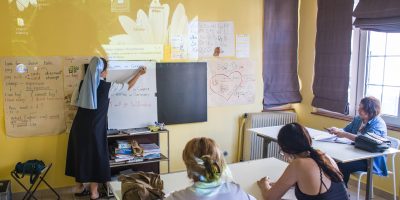
Jesuit Refugee Service Global Program Highlights
21 February 2025
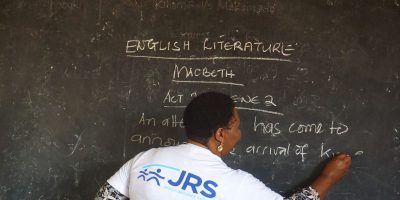
JRS Syria: Accompanying Syria Amid 12 Years of War and the Aftermath of the Earthquake
15 March 2023
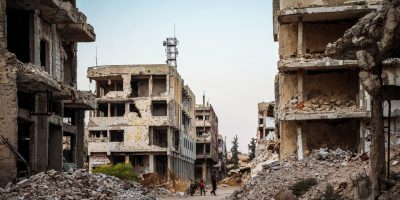
JRS Chad: Celebrating Menstrual Hygiene Day
03 June 2022
